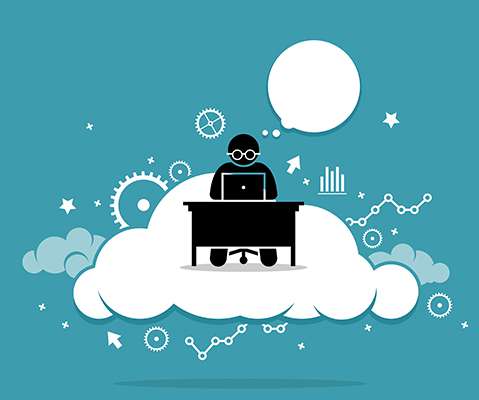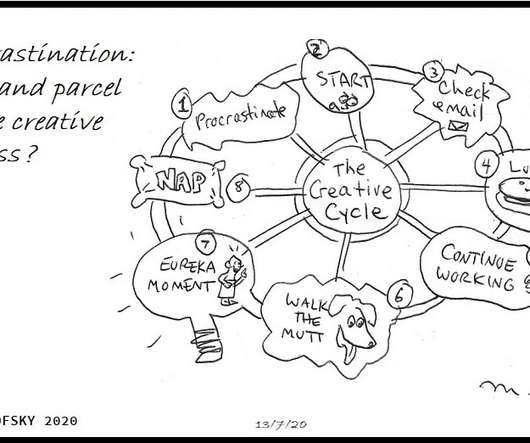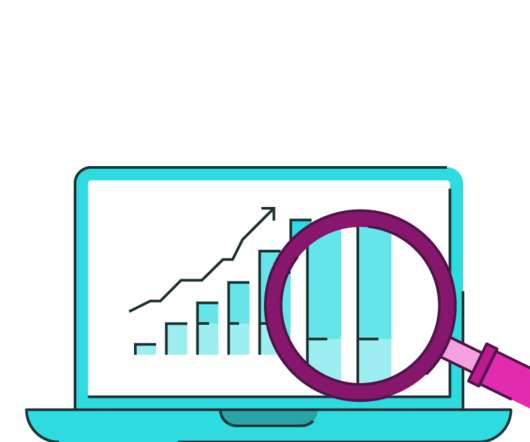Your Brain on Change
Learningtogo
JANUARY 10, 2023
Your Brain on Change. The first thing we need to understand about the human brain is that it evolved to keep us safe in a dangerous world, where our ancestors met deadly threats at every turn. For those of us who are responsible for change management, we need to consider how the brain responds to change. October 26, 2010.













































Let's personalize your content